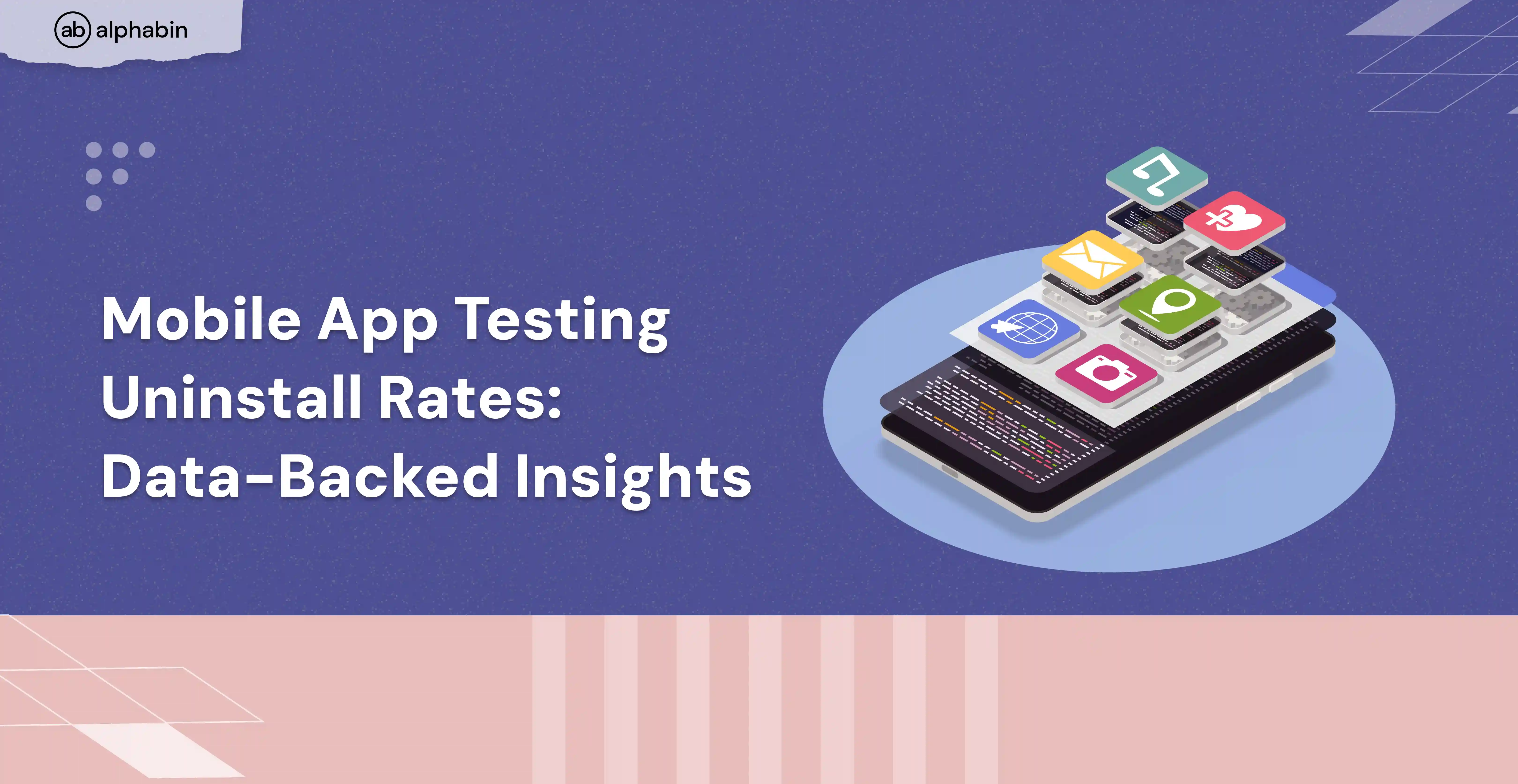Regression testing services
Check the dependability and innovation of your software with our regression testing services, ensuring sustained quality over new updates.
.webp)
.svg)

.svg)

.svg)
.svg)
.svg)
.svg)
.svg)
.svg)


.svg)

.svg)

.svg)
.svg)
.svg)
.svg)
.svg)
.svg)


.svg)

.svg)

.svg)
.svg)
.svg)
.svg)
.svg)
.svg)


.webp)
Troubles without regression
Regression testing is very important to avoid problems that can hurt your business.
Revenue loss
Revenue loss
.svg)
If you don’t find and fix problems before you release your software, your customers might not like it and use it less.
Missing deadlines
Missing deadlines
.svg)
Incomplete test coverage may result in undiscovered issues, causing delays in product releases and missing deadlines.
Increasing cost
Increasing cost
.svg)
Relying heavily on manual regression testing can slow development cycles and increase costs.
Reputational damage
Reputational damage
.svg)
Delayed identification of issues can harm the software's reputation, losing user trust and credibility in the market.
Overcome critical challenges
Tackle and resolve critical issues within your software applications. Here's how regression testing services can contribute:
Prevention of revenue loss
Detects regressions to prevent software flaws post-release, avoiding customer dissatisfaction, reduced usage, and revenue loss by 70%.
Agile CI/CD integration
Integrating regression testing into your CI/CD delivers stable results in ~1/8th of the time compared to manual testing.
Cost-efficient solutions
Utilizes automated regression to avoid reliance on manual processes, speeding up development cycles.
Software consistency
Realize a ~60% improvement in overall software consistency, ensuring reliable and predictable functionalities.
Fast-track your success with our quick Regression solutions!

.webp)
What we test
Stress-free updates with our regression testing. We validate code changes to maintain existing functionalities, boosting software stability and performance.
CI/CD integration
Validating the integration of regression tests into CI/CD pipelines managed by tools like Jenkins to ensure automated and timely execution.
Data migration regression
Validating the accuracy and integrity of data migration processes during software updates.
Impact analysis and change verification
Conducting detailed impact analysis to identify and verify changes in the software, ensuring comprehensive coverage.
Backward compatibility assurance
Ensuring backward compatibility of the software by verifying that existing functionalities remain unaffected post-updates.
UI consistency checks
Conducting UI consistency checks, leveraging automation tools and frameworks like Selenium.
Database schema evaluation
Testing the compatibility and integrity of database schema changes, utilizing database versioning tools to ensure data consistency.
Parallel execution
Implementing parallel execution of regression tests using tools like TestNG to optimize testing time and expedite the detection of regressions.
And other validations like
Codebase Impact analysis, Cross-Device testing, Real-life scenario simulation, and Script Versioning.

Regression Testing is not a burden. It is the assurance that your software can adapt to change without losing its essence.
.webp)
Client Successes
A prominent retail business resolved its delays and cost issues with our regression services.
Challenges
Challenges
Our client in the IoT domain faced security issues, data breaches, and interoperability concerns that posed significant challenges, jeopardizing the integrity and reliability of interconnected devices.
Challenges
A leading e-commerce player grappled with constant regression issues, causing frequent delays and escalating operational costs.
Solutions
Solutions
Our regression testing solutions included a customized strategy using Selenium and TestNG. The implementation of automated testing addressed critical functionalities.
Result
Result
The impact was transformative, with the business experiencing a notable reduction in release delays and substantial cost savings. The success story illustrates the effectiveness of strategic regression testing in optimizing software development processes.
Our unique approach for regression testing
Experience a new and collaborative approach towards regression for your ultimate goal achievement.
1.

Collaborative goal setting: Engaging with the team in defining precise regression testing goals and challenges.

Tool selection mastery: Thoughtfully choosing tools tailored for optimal regression performance and cost-effectiveness.
2.

Custom framework development: Engineer a reusable automation framework for efficient and repetitive regression testing tasks.

Holistic test suite execution: Conduct both manual and automated regression test case executions with results meticulously captured.

Result analysis expertise: Identify and address regressions, performance issues, and potential vulnerabilities through in-depth result analysis.

Actionable test reports: Deliver clear, actionable insights with evidence like screenshots and video recordings.
3.

Proactive feedback channel: Provide constructive feedback for software improvements and future automation possibilities.

Test case refinement mastery: Adapt regression test cases based on results and client feedback.

Iterative testing excellence: Ensure the software remains robust and high-performing throughout its lifecycle with focused regression testing.
.webp)
Why choose Alphabin?
.svg)
Continuous improvement commitment
Your success is our mission. We are dedicated to continuous improvement, regularly refining our regression testing strategies and methodologies.

Innovative problem-solving
We don't just identify issues; we help solve them creatively. Our team embraces innovation to address regression challenges effectively.
.svg)
Customer-centric approach
Our focus is on you. We prioritize your needs, providing a customer-centric experience that customizes our testing services.
.webp)
Our Resources
Explore our insights into the latest trends and techniques in regression testing.

Mobile App Testing Device Fragmentation: 2025 Benchmarks
- Sep 30, 2025
Learn 2025 benchmarks on device fragmentation in mobile app testing. See coverage costs and QA challenges across platforms.

Mobile App Testing Uninstall Rates: Data-Backed Insights
- Sep 20, 2025
Discover uninstall rates in mobile app testing with 2025 data. Understand why apps get removed and how QA teams can respond.
Frequently Asked Questions

Automated regression testing uses scripts and tools to execute test cases, offering efficiency and repeatability. Manual regression, on the other hand, involves human testers, providing a more exploratory and context-aware approach. The choice depends on factors like project complexity and release frequency.

Yes, it can. Regression testing checks for new issues and ensures that changes in the current version do not negatively impact features from previous versions. This ensures backward compatibility and a smooth user experience across different software releases.

Regression testing is a quality assurance process that validates software changes to ensure existing functionalities aren't adversely affected. It's crucial as it prevents the introduction of new bugs during updates, maintaining your software's overall reliability and stability.

The frequency of regression testing depends on the development cycle and the extent of changes introduced. It's typically performed after every significant code change, new feature implementation, or bug fix. Continuous integration and deployment environments often necessitate more frequent regression to catch issues early in the development pipeline.
Automate your regression 5x faster with AI
See How in a Quick 15-Min Demo

.svg)



.svg)
.svg)
.svg)





.svg)
.svg)
.svg)
.svg)


.svg)



.svg)
